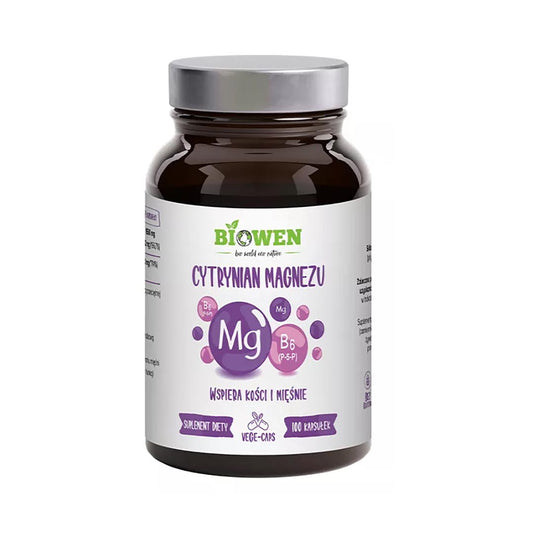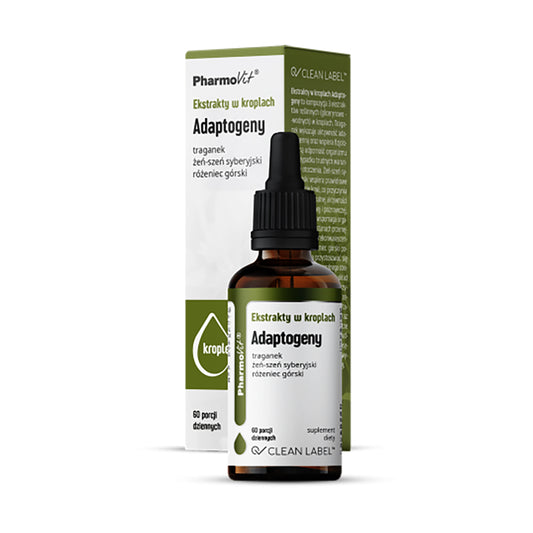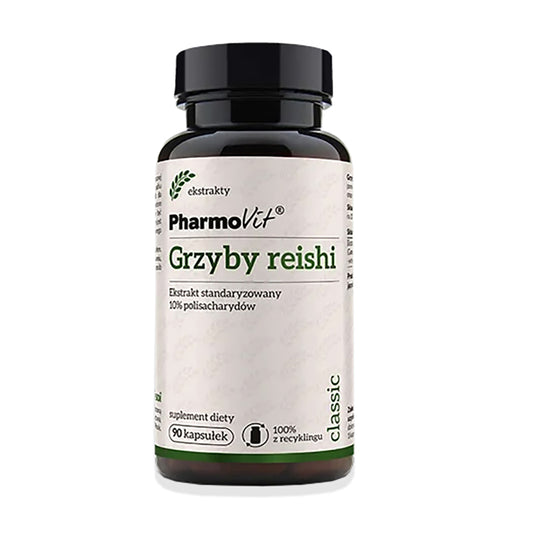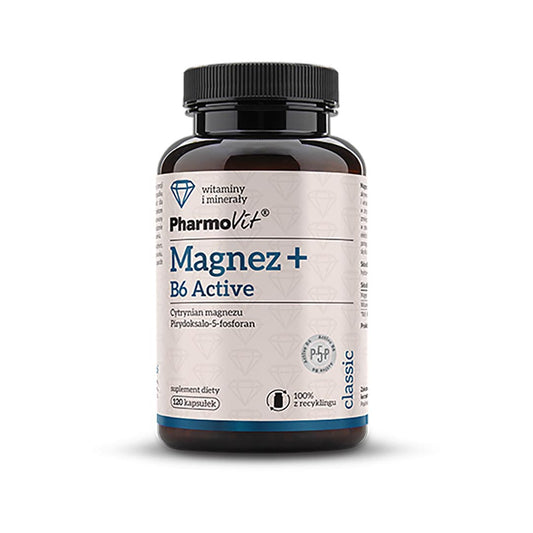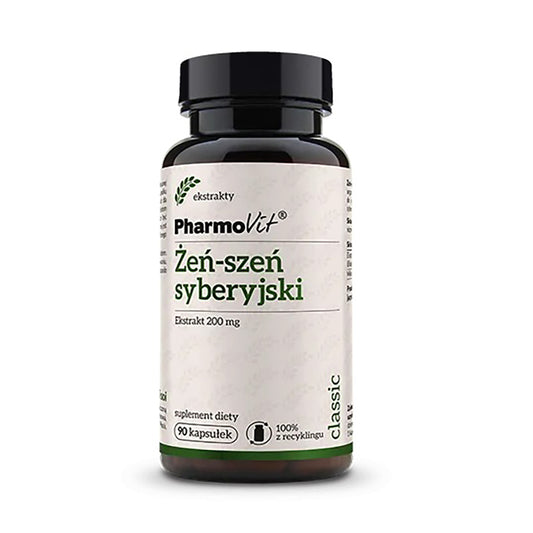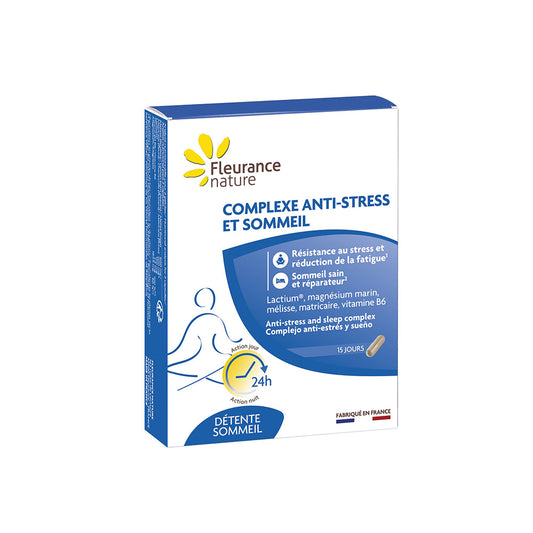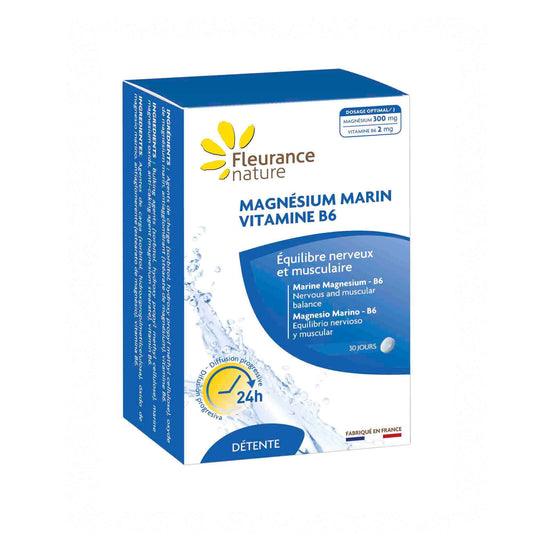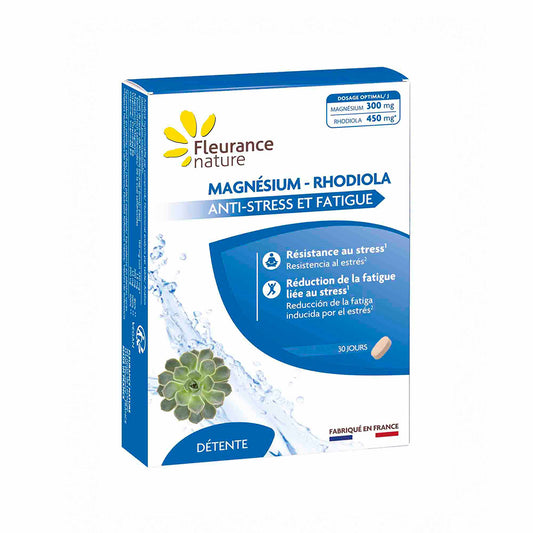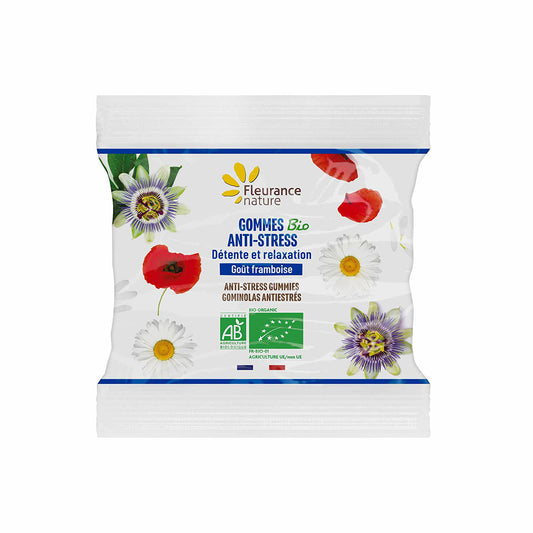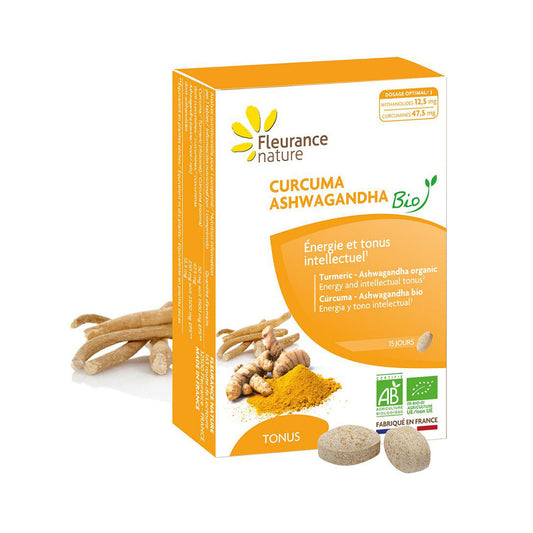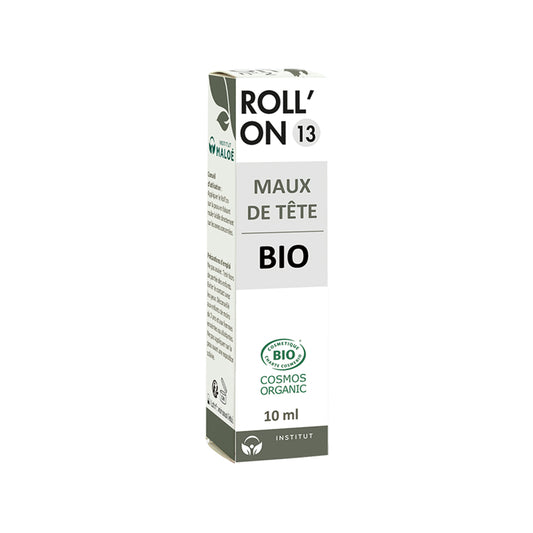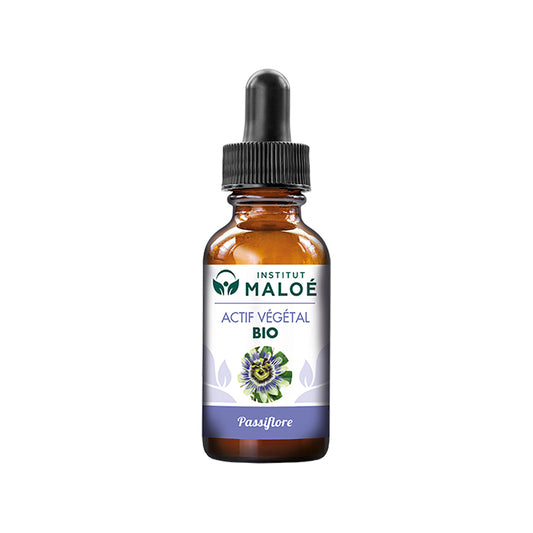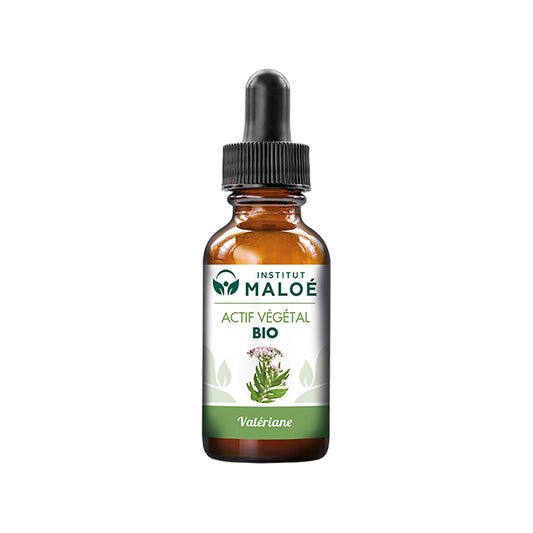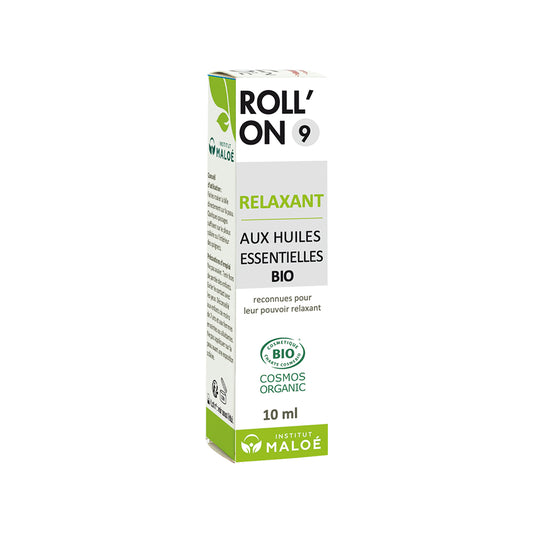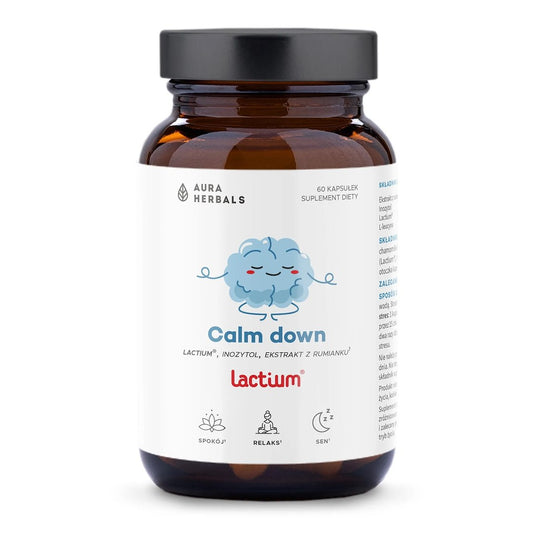
Let go of stress – Tips for lowering cortisol and achieving body balance
Share
On average, everyday life is perhaps busier than ever. To meet the ever-growing efficiency demands of our work and the challenges of family life, we are constantly in "fight or flight" mode. With multichannel communication flooding our consciousness with information, attention-grabbing images, sounds, and videos, we remain alert even during leisure time, constantly dividing our attention in every direction, yet not truly present in the moment.
Stress can arise from even less, but in any case, we want to reduce it. Keep reading, as we will explain what stress really is and how to get rid of it. We will also share important information about cortisol, the body's own stress hormone, which plays a key role in the development of health problems related to stress.
What is cortisol?
Cortisol is the body's natural stress hormone, whose main function is to help the body respond to stress. It is secreted by the adrenal gland as part of the body's response to stress situations, such as physical or psychological threats. The main role of cortisol is to regulate the body's energy levels, raise blood sugar, and increase blood flow to vital organs. It is part of the body's "fight or flight" mechanism, which helps us act effectively in dangerous situations.
Cortisol is secreted in a natural rhythm in the mornings and should decrease during the day. While sleeping, cortisol levels should be at their lowest. You need cortisol to be alert to get up, work, engage in hobbies, and complete daily tasks.
However, if cortisol levels remain high for a long time, it can cause various health problems, weakened immune system, weight gain, anxiety, and heart problems. Therefore, managing cortisol levels is important for well-being.
Elevated cortisol levels can be indicated by all the following symptoms, which should be paid attention to during stressful times.
- Headache and memory problems
- Weight gain
- Insomnia
- Craving unhealthy food – cortisol affects blood sugar and insulin levels. When blood sugar rapidly drops and insulin levels rise, you are more likely to give in to unhealthy treats.
- Anxious and downhearted feeling
- Unstable bowel
- Decreased libido
What is stress and what causes it?
Stress is the body's natural reaction to demands or challenges we face daily. Stress can be caused by many different factors, such as work pressure, financial worries, relationship problems, or health issues. While short-term stress can help us perform better and respond quickly to situations, long-term stress can be harmful.
Long-term stress causes the body to remain in a constant state of readiness, which raises cortisol levels. This can cause many physical and psychological problems, such as exhaustion, decreased concentration, and an increased risk of chronic diseases.
Natural ways to reduce stress and cortisol levels

- Reduce stress through exercise
Regular exercise helps lower cortisol levels and improves mood by releasing endorphins. Moderate aerobic exercise, such as walking, swimming, or cycling, can be especially effective in reducing stress. In addition to exercise, any relaxing activity that takes you away from stress helps. Read a book, pet your animal, or tend to the garden. Whatever calms your mind will help in banishing stress.
- Meditation and deep breathing
Meditation, yoga, and deep breathing exercises can help calm the body and mind. These techniques activate the parasympathetic nervous system, which reduces cortisol secretion and helps restore the body's balance.
- Sufficient sleep
Lack of sleep increases cortisol levels, and stress reduces sleep quality. Therefore, regular, quality sleep is essential for managing stress and cortisol. Try to establish a regular sleep rhythm and a calming evening routine.
- Balanced nutrition
A varied and healthy diet supports stress management. For example, vitamins B and C as well as magnesium are important in reducing stress:
B vitamins are essential for nervous system function and can help reduce the effects of stress on the body. Vitamin B6 is involved in various adrenal enzyme reactions, and increasing it can help with symptoms such as fatigue and depression. You can get vitamin B6 from egg yolk, meat, liver, nuts, whole grain products, and green vegetables.
Vitamin C acts as a powerful antioxidant that helps combat free radicals caused by stress and lowers cortisol levels.
Magnesium is a mineral that helps relax muscles and reduce cortisol production. Magnesium deficiency can increase stress and anxiety. Additionally, magnesium is the essential mineral whose levels are most strongly reduced by chronic stress.
Herbs and supplements to help reduce stress
Sometimes lifestyle changes alone are not enough. We may have taken vitamins, regularly breathed fresh air, and tried to stick to calming routines, but still experience stress. Sometimes the situation is complex, and we may not be able to influence deeply enough with external actions. In such cases, it is good to use one of nature's targeted products.
Ashwagandha
Ashwagandha is an adaptogenic herb that helps the body adapt to stress and regulates cortisol production. Studies have shown that ashwagandha can significantly lower cortisol levels and improve stress management.
Rhodiola (Rhodiola rosea)
Rhodiola is known for its ability to reduce fatigue and increase the body's resistance to stress. It helps balance cortisol levels and may improve mental performance in stressful situations.
California poppy (Eschscholzia californica)
California poppy has calming effects and can help relieve anxiety and insomnia, which in turn helps lower cortisol levels. This plant supports the body's natural ability to relax.
Reishi
Reishi mushrooms have traditionally been used to improve immune system function and relieve stress. They help balance cortisol production and improve sleep quality.


